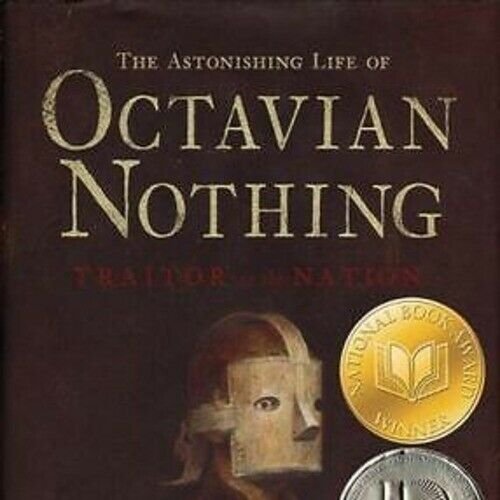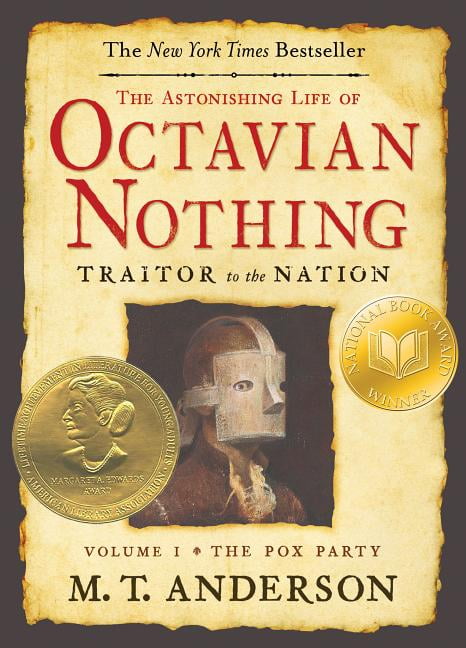


They also don't live in the house exactly they just visit the house all the time, staying there for days or weeks.

Octavian, by the way, never wonders why (as a kid) he doesn't have a biological dad or why his mom and he are the only ones with actual names. These guys are the ones who raise and educate Octavian.He begins by introducing the men of the house-a group of scientific philosophers led by this guy called Mr.

Octavian's going to give us the rundown of his upbringing, and-let's just say-it's not for the faint of heart.Booklist (starred review) With an eye trained to the hypocrisies and conflicted loyalties of the American Revolution, Anderson resoundingly concludes the finely nuanced bildungsroman begun in his National Book Awardiwinning novel. Readers will marvel at Anderson's ability to maintain this high-wire act of elegant, archaic language and shifting voices. The Boston Globe The story's scope is immense, in both its technical challenges and underlying intellectual and moral questions. It's layered, it's full of historic reference, and it's about slavery and equal rights. Bulletin of the Center for Children's Books (starred review) A serious look at Boston, pre-Revolution. School Library Journal (starred review) Octavian's narration.quickly draws readers into its almost musical flow, and the relentless action and plot turns are powerful motivators. Kirkus Reviews (starred review) Fascinating and eye-openingi this powerful novel will resonate with contemporary readers. The New York Times Book Review A historical novel of prodigious scope, power and insight.This is the Revolutionary War seen at its intersection with slavery through a disturbingly original lens. The Wall Street Journal Anderson's imaginative and highly intelligent exploration of the horrors of human experimentation and the ambiguous history of America's origins will leave readers impatient for the promised sequel.


 0 kommentar(er)
0 kommentar(er)
